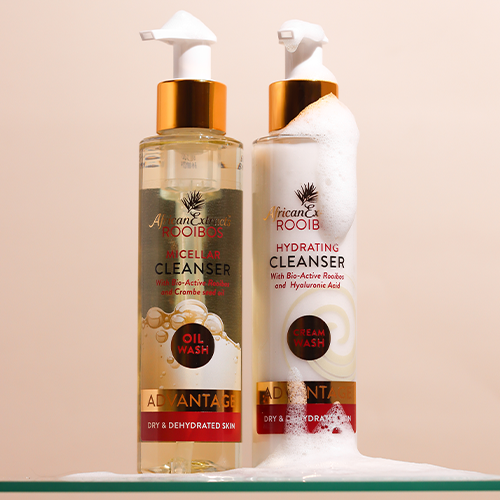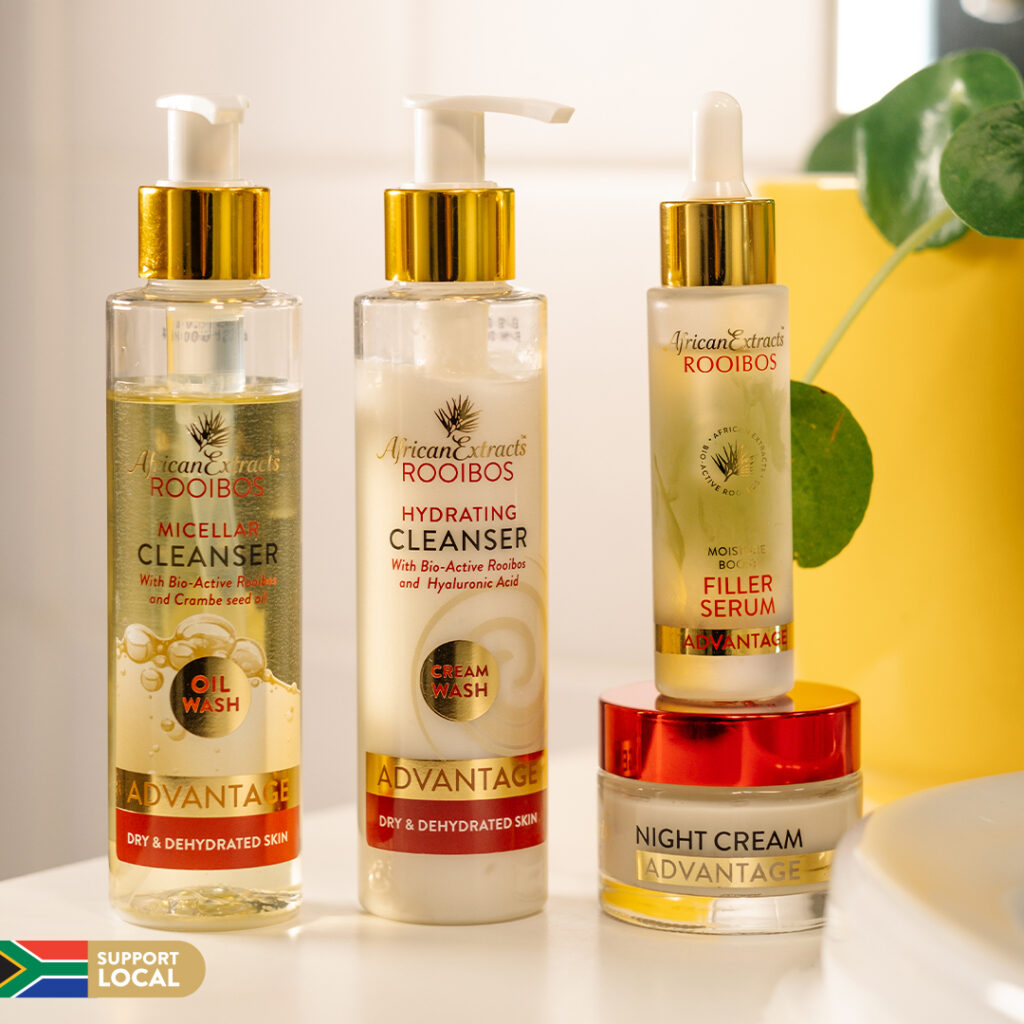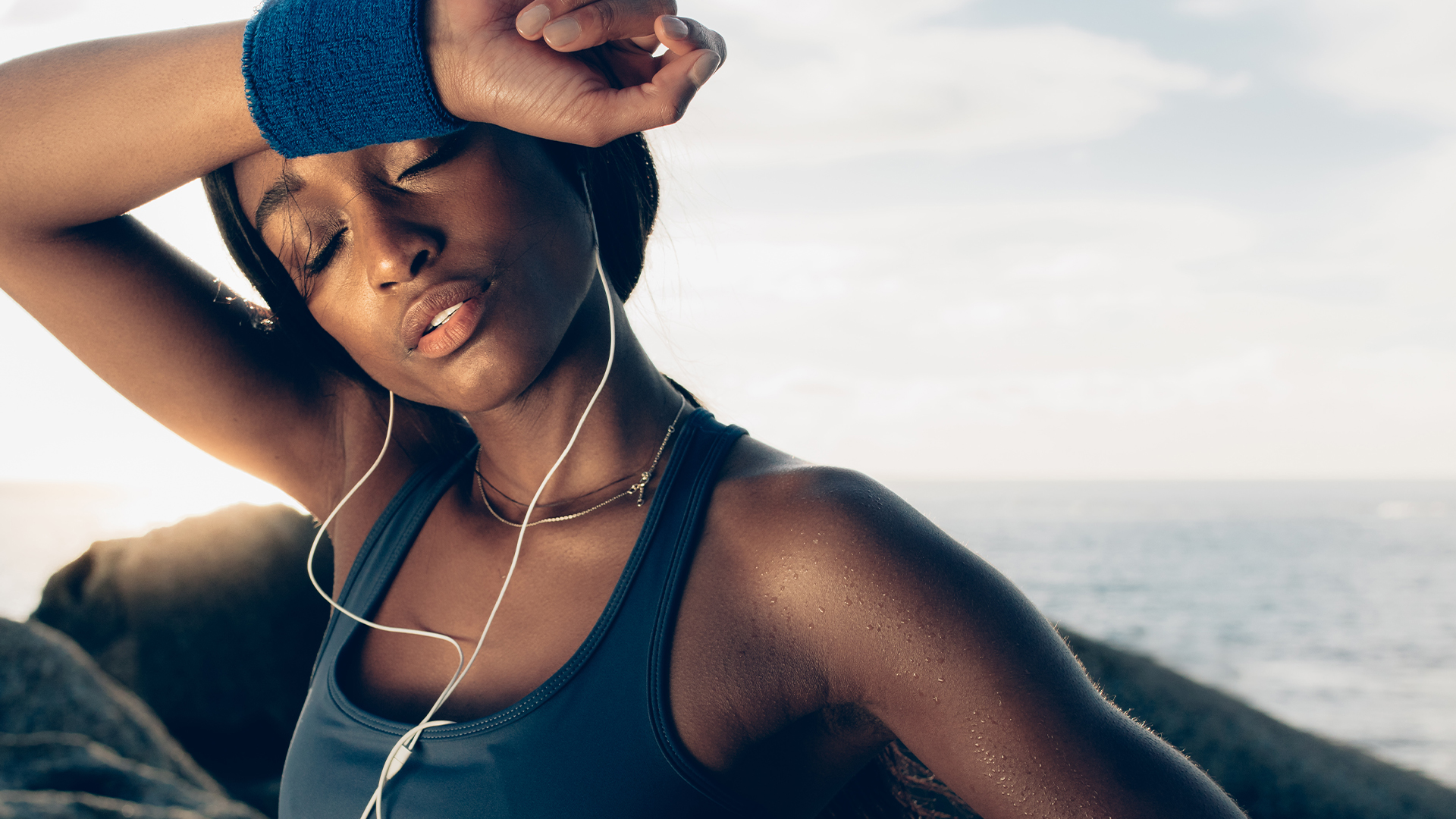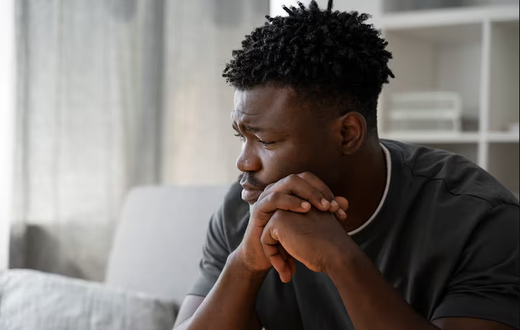In Nigeria’s bustling cities and rural towns alike, keeping a bottle of water handy has become second nature for many people, from commuters on Lagos’ Third Mainland Bridge to students braving the heat in Ibadan and Accra. The growing awareness of how staying hydrated supports mental focus, mood, and overall well-being has turned it into more than just a lifestyle trend—it’s a health necessity. Yet, even as people diligently top up their internal fluids, plenty are unaware that their skin may be in desperate need of moisture too. The truth is, your epidermis doesn’t always get what it needs just from drinking enough water.
Local experts, including Dr. Amaka Ugwu, a Lagos-based dermatologist, point out that the skin can lose between 1 and 1.5 litres of water per hour during moderate exercise—a figure which can double during high-intensity workouts or when exercising in Nigeria’s hot, humid conditions. “Many people think drinking water will solve everything, but the skin needs both internal hydration and topical care to stay supple,” Dr. Ugwu notes. When the skin loses this much moisture, the result is often dryness, flakiness, or even irritation. In some cases, the body responds by producing excess oil in an attempt to compensate, leading to breakouts or that unwelcome greasy sheen familiar to many in the tropics.
With so many West Africans engaging in football, morning jogs, or even simple daily errands under the blazing sun, understanding the difference between hydrating and moisturizing your skin has never been more important. Whether you’re combatting dryness, dullness, or the tight, uncomfortable feeling of dehydration, the right skincare routine goes beyond what you drink—it’s about what you put on your skin too.
Hydrating vs. Moisturizing: Why You Need Both
Simply put, hydration refers to increasing the water content within your skin, while moisturizing is about locking that moisture in and preventing it from evaporating into the air. Think of hydrating as providing your skin with a glass of water, and moisturizing as sealing it with a lid.
Humectants—ingredients that attract water from the environment or deeper layers of your skin—are crucial for that plump, dewy look. Common humectants include Hyaluronic Acid and glycerin, both of which can be found in many Nigerian beauty stores or pharmacies. Once the skin is adequately hydrated, effective moisturizers come into play. These creams or lotions often contain emollient lipids, such as Ceramides, which bolster the skin’s barrier and seal moisture in. A strong skin barrier not only prevents dryness and flakiness but also keeps environmental aggressors—like pollution and dust—at bay.
The West African Skin Challenge
Across West Africa, factors such as harsh sunlight, fluctuating humidity, urban pollution, and even certain water qualities can make maintaining healthy, glowing skin a challenge. In cities like Abuja and Accra, environmental stressors are ever-present, making it even more important to protect the skin’s natural moisture barrier.
According to a 2022 report from the Nigeria Medical Association, skin complaints relating to dryness, dullness, and irritation have been on the rise in urban centres. Dermatologists also point out that people using lightening creams or harsh soaps may unknowingly strip away the essential oils and Ceramides that, as Dr. Ugwu says, “act like mortar between the skin’s bricks.” Without these, the skin not only looks lacklustre but becomes more vulnerable to damage and infection.
Locally Inspired Solutions: Embracing Nature for Better Skin
Many West Africans turn to nature for skincare solutions, a tradition stretching back centuries. From shea butter in Northern Nigeria and Ghana to local botanicals like aloe vera and Rooibos, natural remedies remain popular for both practical and cultural reasons. Recently, a new generation of products is combining scientific advances with these time-honoured ingredients for even better results.
Try The African Extracts Advantage Range
The African Extracts Advantage range is an example of such innovation, harnessing both advanced hydrators and traditional botanicals to target the unique needs of African skin. The range features humectant ingredients like Hyaluronic Acid—known for its remarkable ability to attract and retain water—and emollient lipids such as Ceramides, which fill in the “gaps” on the outermost layer of your skin. Ceramides are naturally found in healthy skin and play a leading role in keeping the skin’s barrier strong, soft, and resistant to environmental stress. A healthy barrier is essential for long-term skin health and the prevention of visible issues like flakiness, redness, or dry patches.
Perhaps most interesting for local consumers, the range makes use of African plant extracts including Bio-Active Rooibos and the so-called Resurrection plant. Rooibos, long used in South African traditional medicine, is recognized for its antioxidant properties, helping to defend skin from urban pollution and damage from the sun’s rays—a common concern for everyone braving Lagos’ busy streets or Ghana’s dusty Harmattan winds. The Resurrection plant, native to southern Africa, has earned its name for its ability to survive weeks without water, reviving itself once rehydrated. When used in skincare, these botanical extracts offer extra protection against daily environmental stressors.


Building an Easy Routine for Radiant Skin
Even for those who lead hectic lives in Lagos, Port Harcourt, Kumasi, or beyond, a simple, effective skincare routine is possible. Nigerian beauty consultant Omolara Johnson recommends the following steps, especially for those exposed daily to the city’s glare and dust:
- Cleanse: Gently wash your face twice a day using a mild, hydrating cleanser to remove sweat, dust, and pollution without stripping essential oils.
- Hydrate: While damp, apply a serum or toner that contains humectants, like Hyaluronic Acid or glycerin.
- Moisturize: Seal in the hydration with a moisturizer rich in Ceramides or nourishing plant oils such as shea butter or baobab oil.
- Protect: Always finish with sunscreen during the daytime. Darker skin tones can be prone to hyperpigmentation from UV exposure, even if sunburn is less common.
Consistency is key—results improve as you stick with the routine, even through changing weather conditions.
Win The Perfect Cleansers
For skincare enthusiasts keen on trying the latest offerings, there is an opportunity to experience the new Advantage oil-based Micellar Cleanser—which combines pampering Crambe seed oil with a gentle clean—as well as the creamy Hydrating Cleanser with Hyaluronic Acid and ceramides. The set also features the Advantage Day Cream SPF15 and a nourishing Night Cream, offering a comprehensive approach to all-day skin protection and repair.
To take part, simply WhatsApp “MYNATURALADVANTAGE” to 072 438 2122 for a chance to win 1 of 5 African Extracts Advantage Hampers. This is an exciting way for West African skincare lovers to experience science-backed skincare combined with African botanicals.
Community Voices: What Nigerians Say About Skincare
Everyday Nigerians are increasingly vocal about their skincare routines and challenges. According to a 2023 survey by a major Lagos beauty retailer, nearly 70% of urban women aged 20-45 cited dryness and pollution as their top skin complaints. Meanwhile, many men now participate in skincare conversations, especially as heat rashes and sunspots become more common.
“A lot of us grew up using only basic soap and water, but times have changed,” says Chika Eze, a youth development worker in Enugu. “Social media has exposed us to better skincare habits, and now it’s about finding products that work for African skin without harsh effects.”
Across the continent, from Nigeria to Ghana and beyond, the quest for radiant, healthy skin has become a journey rooted in tradition and innovation. By choosing products that hydrate and protect, West Africans are reclaiming their natural advantage—even in the face of challenging weather and environmental factors.
Your Skin, Your Story
With Nigerian and West African climates posing unique challenges, adopting a smart, evidence-based skincare routine is more than a luxury—it’s a vital part of self-care. As more people demand products that reflect local realities and natural resources, the skincare industry is finally catching up. Healthy, hydrated skin is within reach, and the conversation on how best to achieve it has only just begun.
What’s your best-kept secret for keeping your skin healthy in Nigeria’s heat or Ghana’s changing seasons? Have you noticed a difference using locally inspired remedies or new science-backed products? Drop a comment below and share your experience. Don’t forget to follow us for the best in health, lifestyle, and community stories!
Do you have a unique skincare tip, a personal wellness journey, or a story about how West African climate affects your skin? We want to hear from you! If you’d like to share—or even sell—your story for feature on our platform, contact us at story@nowahalazone.com.
Join our growing health and lifestyle community! For more exclusive stories, expert tips, and inspiration from across Africa, follow us:
Facebook |
X (Twitter) |
Instagram
For general support or inquiries, reach out at support@nowahalazone.com. Your voice matters—let’s keep the conversation thriving!









